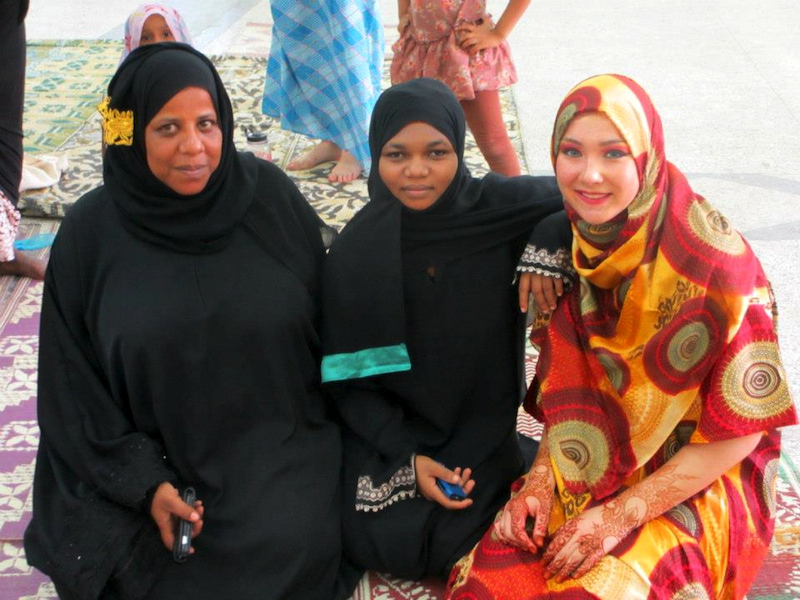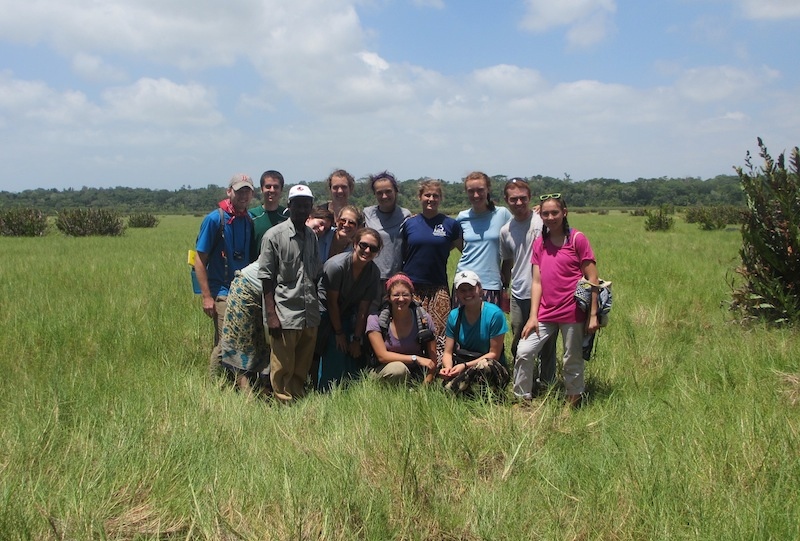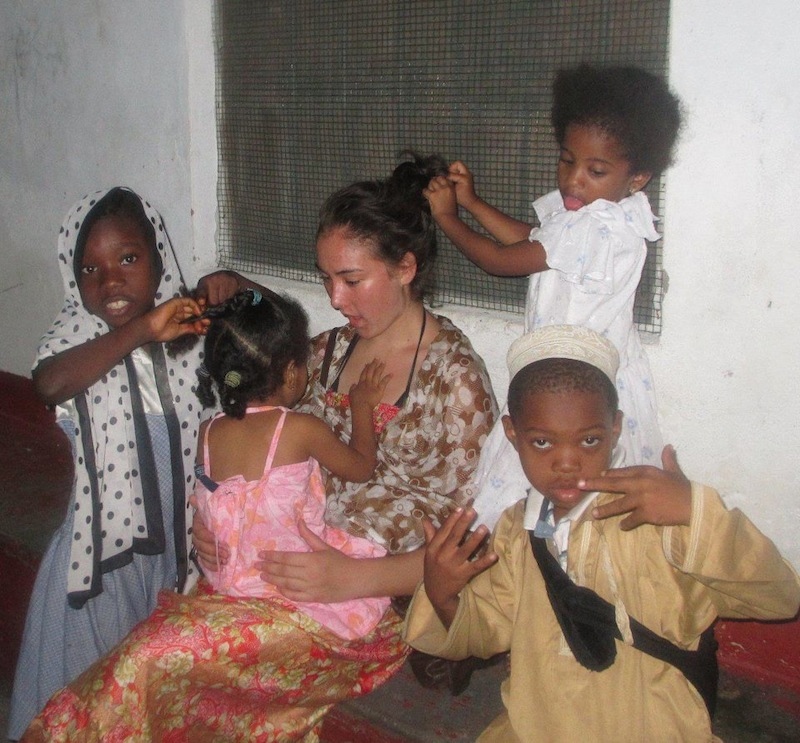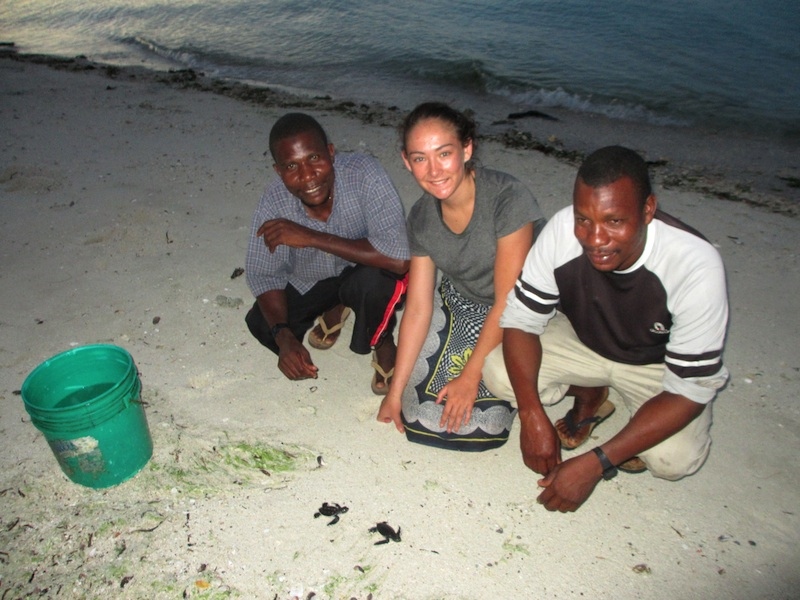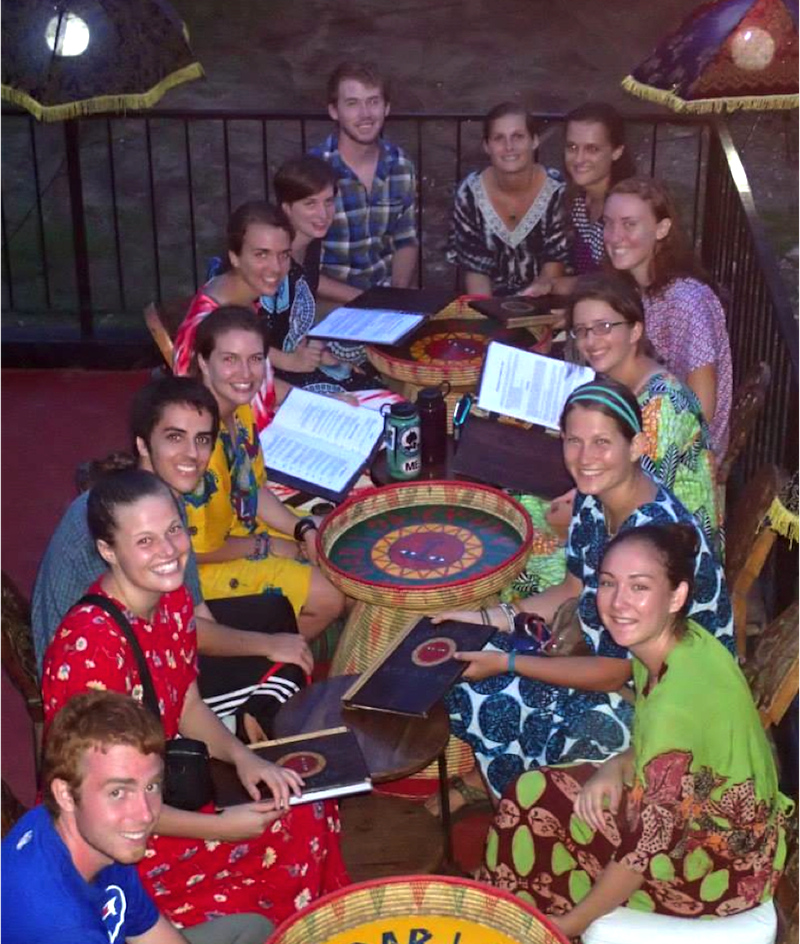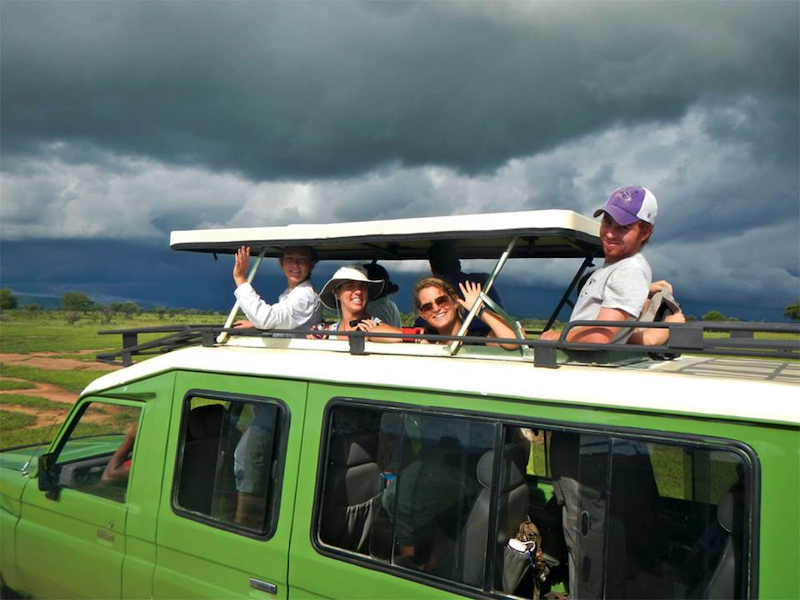I knew that I wanted to study abroad, but my mind changed tens of times as far as which program I wanted to do. I had ruled out Europe early on, and although I still have dreams of going to Australia and New Zealand, I realized I wanted to go to a place where the people didn't speak English.
At that point, I focused on Africa and South America. I knew it would be smart to continue the Spanish that I had studied for four years, but I didn’t feel fluent enough to take classes where barely any English was spoken.
Choosing Zanzibar was almost an impulsive decision, made less than 24 hours before I needed to decide, and almost a year and a half before I left to go abroad. The intrigue of a coastal ecology program on the islands of Eastern Africa excited me. So I left Spanish behind and figured I would just move on to a new language—Swahili.
I knew I still had time to change my mind and pick a new program, but I never did. Learning more about this experiential program with a completely unfamiliar Muslim culture, a new language, homestays, and the ocean—it just kept sounding better and better. I was hooked.
The following January, I went in with expectations of adventure. Whether everything worked out perfectly or not, I would have a story to tell and an experience much different than most.
On day one, I braved the local ferry from mainland Tanzania to the Zanzibar port and walked to the inn, following a local resident and feeling wary of the taxis and chaos. It was hot and humid, but I was excited to meet up with the rest of the group.
From that point on my experience only got better. The 13 students in my group had orientation on the east coast of Unguja (the main island of Zanzibar), and we started our two weeks of taking Swahili classes for four hours a day. Going into my program I knew I would be on both islands of Zanzibar and mainland Tanzania, but I was pleasantly surprised by the amount of traveling among the islands that we did. Besides Stone Town, where our school and first host families were, we stayed in the Jozani Forest Reserve for a week, went up north to the fishing villages, and stayed in multiple places on the northern island of Pemba.
I was lucky enough to have a large host family, and I lived extremely close to my school, in an open courtyard type of house. In the back, there was a small ice-pop factory that my host family owned, so there were lots of workers around at all times and I practiced my Swahili as much as possible. I knew that building relationships with the locals was the best way to understand the culture. I met the most amazing people and began to see the different layers that made up this community of diverse people.
For my independent study project I decided to camp with one other student on a remote island off of Pemba, just a kilometer in circumference. There were no permanent residents as freshwater is non-existent there. Four rangers rotated staying on the island. I looked at their environmental education program and was able to interview the local fishermen who camped on the island. I saw how the community had worked together to save this “sacred island” from becoming privatized. It was the most amazing two weeks of my life. Besides the three meals of rice and fish every day, our tent was just 15 feet from the West Indian Ocean and I saw the most amazing coral reefs imaginable.
With the progression of learning the language, I felt like I understood this amazing place. I could communicate with the children who I spent hours with each day, and they were able to see me as a mentor and a friend, not just a playmate. I talked to the older locals who knew the history of Zanzibar from a personal standpoint, I talked to the teens on the crowded busses, and I made friends.
I left Zanzibar feeling I was a part of that community. I could walk to the market and see three or four locals who I knew and ask about their day, or have children run up to me in the streets and ask if I was coming home later to play. I saw the intense tradition as well as the changes. My expectations of oppression and uniformity were shattered and overshadowed by the freedoms of the kids roaming the neighborhood and the expanse of culture influences from the Middle East, India, and Eastern Africa. Zanzibar is a place I hold dear to my heart and the wildest, most worthy journey I have ever made.
